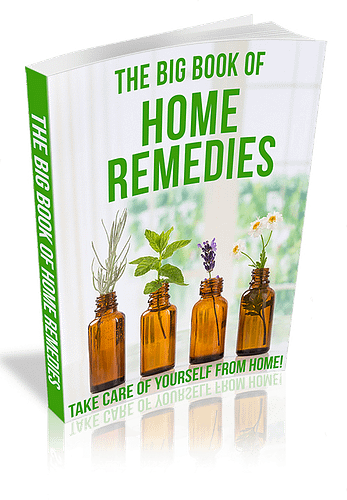Have your feet ever felt swollen or filled with fluid?
If they have, then you know how painful it can be. A variety of illnesses can cause swollen feet.
If left untreated, they may lead to severe problems.
Some home remedies for swollen feet include taking painkillers such as aspirin.
Stretches or exercises for your feet can also help.
Nobody likes swollen feet.
They hurt like crazy and can make daily activities difficult.
In addition, it's uncomfortable, unsightly, and, in extreme cases, can lead to complications if the swelling is severe enough and left untreated.
Please note: If you have swollen feet most of the time, please visit your doctor.
Beware of swollen feet! One of the most common causes of swollen feet is water and fluid retention.
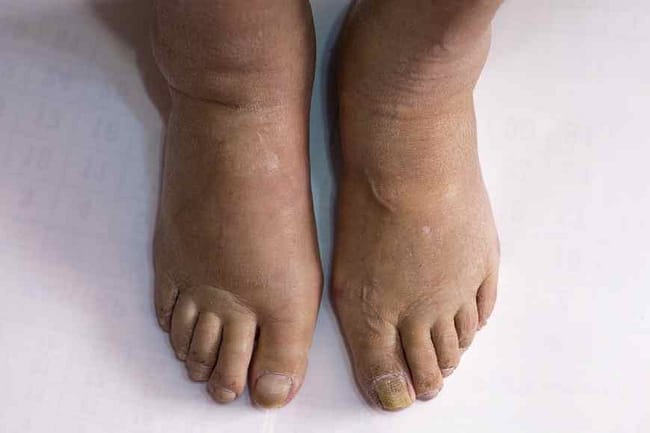
Symptoms include feeling sluggish, swollen ankles, and experiencing shortness of breath when climbing stairs or standing for long periods.
Other possible causes of swollen feet include:
- Heart disease
- Thyroid problems
- Pregnancy
- Wearing tight shoes for long periods.
- Trauma to the lower legs from sports.
- Having a high arched foot.
Here is a list of 7 home remedies for swollen feet that you can try at home.
1. Keep Your Toenails Short and Dry
One of the easiest ways to reduce swelling in your feet is by keeping your toenails as short as possible and dry.
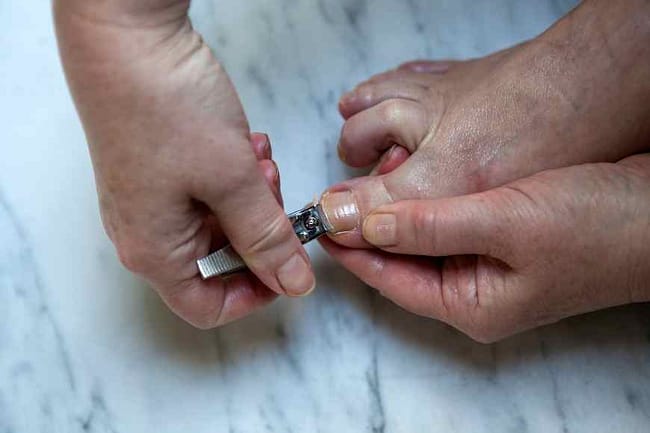
If you wear shoes that are too tight or socks that are too thick, it can cause blisters on your foot, resulting in excess moisture.
This moisture can cause swelling to occur.
However, the swelling should subside if you take the necessary steps to keep your toes dry.
You'll want to ensure that you don't accidentally hurt yourself while trimming away those nails!
Another quick fix for swollen feet is to apply ice packs directly to the area where you feel the most discomfort.
The cold will help reduce inflammation and ease any pain associated with swollen feet.
2. Wear Supportive Shoes
One of the most common causes of swollen feet is wearing shoes that don't give enough support.
When you wear shoes that aren't supportive, your foot bones are stressed and forced to bear more force than they should have to.
This stress can result in swelling, which can then cause pain.
That said, it is essential to wear shoes with proper support for the duration of the time you spend on your feet.
Wearing supportive shoes will also reduce your risk of developing plantar fasciitis or a heel spur (or both).
3. Stay hydrated
I know this sounds strange, but water is one of the best home remedies for swollen feet.

A lack of hydration can result in swelling, so drink plenty of water to ensure your body has the nutrients it needs.
Additionally, drinking too much alcohol will leave you with a bloated face and a sluggish body, which may lead to swollen feet.
Again, drinking lots of fluids will help prevent this unfortunate side effect!
4. Use a Pumice Stone
The pumice stone is rough and comes in different shapes and sizes.
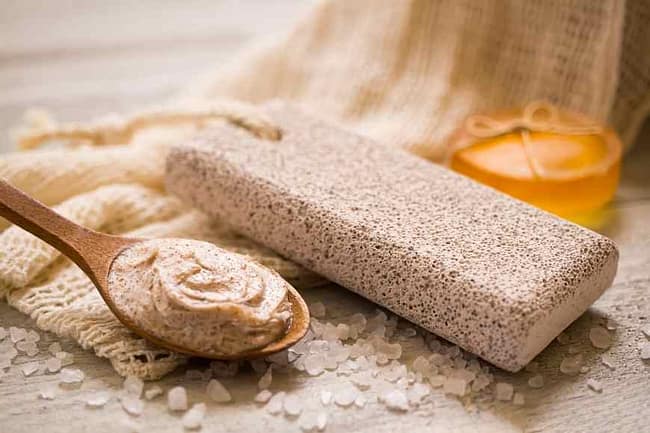
It's good to use a pumice stone on your soles, arches, heels, and calluses to help reduce the swelling.
- First, soak your feet in warm water while you gently massage your heels with a pumice stone to loosen dead skin.
- Do this daily for two to three minutes in the morning and at night before bed.
- After soaking your feet and rubbing them with a pumice stone, rinse them with cool water and pat them dry with a towel.
Repeat daily until the swelling subsides.
5. Keep Your Home Cool and Dry
The easiest way to keep your feet from swelling is to keep your living space cool and dry.
Your feet are very sensitive, so always keep them cool and dry.
To help do this, place your feet in a basin of cold or ice water, or soak them in an ice bath for 15 minutes at a time.
This will help your skin retain its natural moisture rather than sweating it away, which can cause excess fluid buildup in the same areas as swelling.
In addition, if you're going to be sitting down for an extended period, make sure to elevate your feet whenever possible.
Elevating your legs will also help prevent blood pooling and reduce the risk of cramps and swelling.
6. Use Compression Stockings/Socks
Compression stockings/socks are medically prescribed and may offer some relief for some patients.
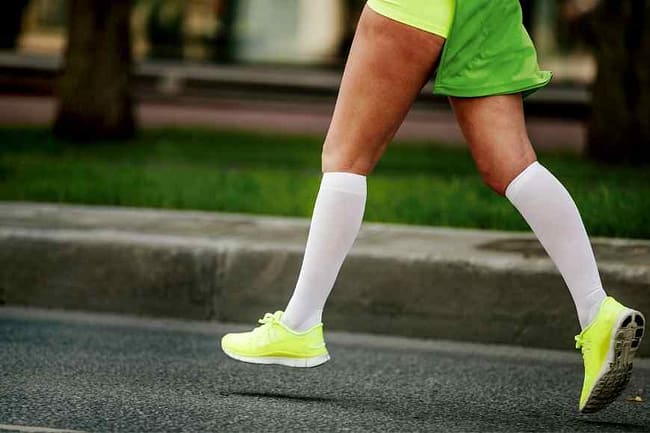
Compression stockings have graduated compression, so they squeeze the veins and slow down blood flow.
This helps stop excess fluid retention and promotes circulation.
In fact, studies have found that people who wear compression stockings will experience an improvement in their blood pressure and better health outcomes.
However, finding the appropriate compression level for your needs is critical to achieving the best results.
If you want to reduce swelling but don't want to wear compression stockings all day long, try using them only during activity or at night.
Soak in a Cool Epsom Salt Bath
Epsom salt baths can help relieve swollen feet and other common foot problems.
The magnesium sulfate in Epsom salt is absorbed through the skin to help treat water retention and muscle aches.
In addition, the bathwater's temperature should be cool but not cold, and the soak should be for at least 20 minutes.
Cool water will help constrict blood vessels and reduce swelling, while Epsom salt can help reduce pain and swelling by improving circulation and easing muscle cramps and spasms.
Finally, it's important to note that Epsom salt baths do not relieve arthritis pain and should not be used on open wounds or sunburned skin.
Other Remedies That Can Help
Wear loose cotton socks when you sleep, so your feet aren't compressed.
If you want to help your feet, sleeping with soft bedding, such as a feather pillow, will also be helpful.
You could also try to sleep on your back or stomach instead of on your side.
In addition, reduce the amount of red meat you consume because it contains a lot of sodium that your body will need to flush out through your urine.
You also want to move around a bit every hour if you sit for prolonged periods during the day—get up and walk around for a few minutes to give your feet a break and help circulate your blood.
To Sum it Up
In addition, visiting your doctor and finding out the reason behind the swelling will enable you to find a more permanent solution to reduce reoccurring swelling and discomfort in the future.
However, if the treatment fails to relieve the swelling or cause pain, you should consult a doctor immediately.
Always keep in mind to keep your feet clean and dry at all times to prevent blisters and other infections that may lead to swelling and discomfort.

